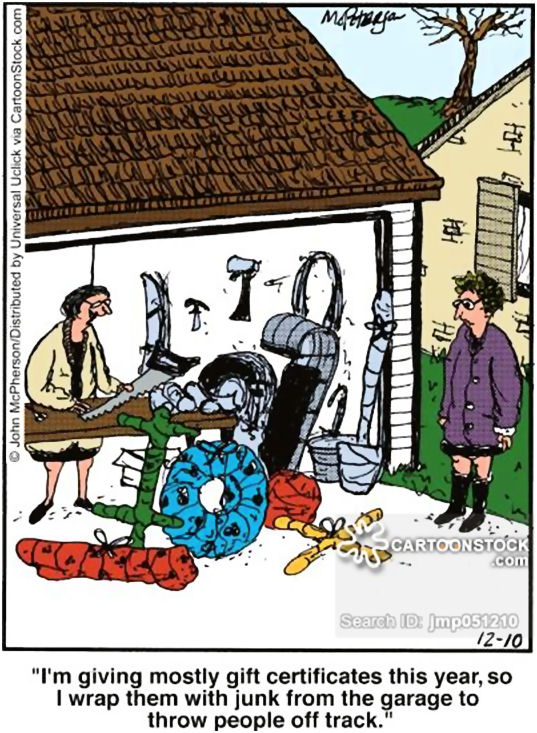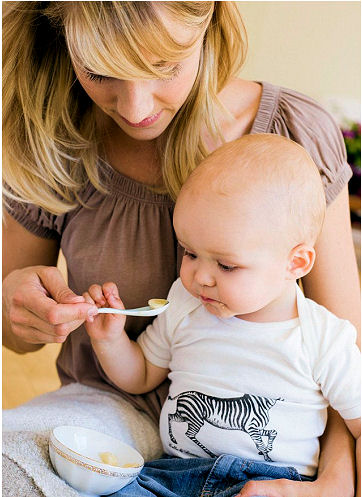We’ve just lived through another season of shopping for others. A season where we pore over lists full of the names of people for whom we must find one or more gifts. Gifts which we buy to show how we value them, our love, appreciation…… (insert the appropriate emotion.) But what lies beneath all the frantic shopping? What are we really trying to achieve with our gifts and what are we hoping to receive in return? And why do we find some gifts so disappointing?

So I have been thinking about a way to make this seasonal process more meaningful, useful and hopefully more enjoyable for everyone.
What I want from the gift giving process is to feel understood and appreciated by those I have a real connection with. I want to give others something that will similarly please them. Something that will increase their happiness, even if only momentarily. I believe most of us feel the same. But how do we achieve this result?
Our family go through the seasonal ritual of searching for gift inspiration, asking each other what we would like to receive and often buying too many things (because we really don’t feel sure we’ve hit the mark yet). To make matters even more complicated most of us already have more things than we really need (look at all the shows and books etc about people overwhelmed by the amount of stuff they own and the opposing movement towards minimalist lifestyles.) The gift giving ritual often concludes with our trying to deceive the giver into believing we wanted and/or liked the gift received far more than we really did. Frankly I find this last part the most stressful and unnecessary of all. Increasingly I find myself getting more enjoyment from gift finding and giving than the receiving.

A common alternative is to give gift vouchers or actual cash. There are several problems with the above alternatives for me. Firstly, it puts a dollar amount on our value of this person. How we assign this value being based on a series of complex interactions between factors such as our own resources; our perception of the receivers need and/or how it will impact how they regard us; what we see as appropriate to the nature of the relationship and/or what we can expect from them in return. Secondly, I really I don’t want to put a dollar value on people and my relationships with them. Finally, I don’t see the point of giving vouchers or cash backwards and forwards between family and friends. (Of course all of this discussion doesn’t apply to children and those who live with incomes that are too low to allow them common luxuries. I believe we should expect less from them and give more.)

There’s a saying ‘it’s the thought that counts’. I take this to mean the thought that went into finding, making or selecting an appropriate gift. Of selecting gifts that show how well the giver knows us and what they think of us.
But what if we thought more laterally around the concept of gifts. What if we thought about how to show gifts for these people all year, not just at Christmas, birthdays or similar occasions, and planned ahead. If we see an appropriate gift we could get it for them when we see it, put their name on it and put it away (maybe write an electronic reminder that will pop up at Christmas, eg. ‘umbrella for mum, stored in bedroom cupboard’) Also, we could think beyond buying new things. Second hand items are called antiques or vintage when they are valued. We could be brave enough to give and receive things second hand items, as long as they’re in good condition, fit for purpose and of value to the receiver.

Finally, we could consider giving experiences. There are experiences that can be bought like theatre tickets, skydiving lessons, the hire of a status symbol car for a few hours. But there are also experiences we can’t buy as such. Experiences like helping an elderly relative in their garden; taking someone younger to an experience they wouldn’t be allowed to attend without an older person (like Melbourne’s ‘White Nights’)or a show; or planning and organising a gathering with their friends, so the receiver can enjoy the event without the stress. (I recently realised that since becoming an adult I had only had one party, that celebrated me, that I didn’t plan and organise myself.)
Maybe we could really think about what would show how we truly feel about each individual before committing to whatever ‘gift’ we decide to give them.
Alison











